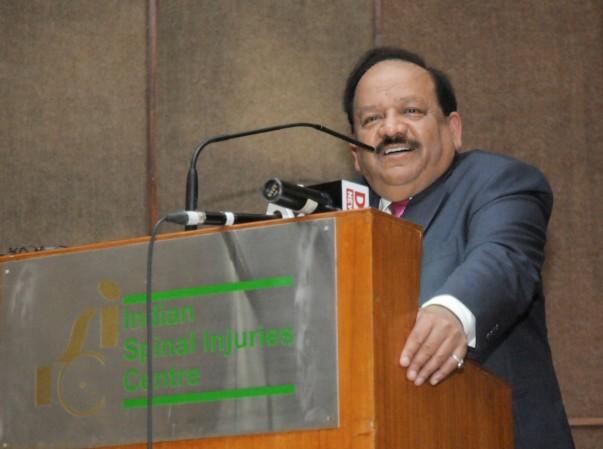With India liberalising policies that govern the collection, generation, preparation and dissemination of geospatial data, the industry on Monday hailed the move, terming it historic and visionary.
Local companies will no longer need license to collect, generate, store and share geospatial data within the country and the decision will unlock opportunities for applications of GIS (geographic information system) in sectors like agriculture, mining, water, urban, utilities, public safety and infrastructure which rely heavily on geospatial infrastructure.
Agendra Kumar, President, Esri India technology Pvt Ltd said that the new geospatial guidelines are historic and visionary.

"Private sectors like insurance, manufacturing, retail, banking can now tap into multitude of new opportunities enabled with location analytics. This would further boost the innovation in overall geospatial industry with Indian startups and software ISVs leading the development of GIS applications and solutions," Kumar said in a statement.
India's mapping policy
According to the Department of Science and Technology, it is announcing sweeping changes to India's mapping policy, specifically for Indian companies.
"What is readily available globally does not need to be restricted in India and therefore geospatial data that used to be restricted will now be freely available in India," it said in a statement.
The announcement came as the Indian Space Research Organisation (ISRO) and digital mapping and location-based deep-tech company MapmyIndia last week announced a new initiative to offer a fully indigenous, mapping portal and geospatial services.
The services will combine the power of MapmyIndia's digital maps and technologies with ISRO's catalogue of satellite imagery and earth observation data.
"Having successfully created 360 degree immersive street imagery of all major Indian cities and undertaking several path-breaking projects for the government, we foresee a positive impact on several industries and overall on the economy as well," said Sajid Malik, CMD of Genesys International, a 3D mapping company.
The Union Science and Technology Ministry, while announcing the new guidelines, said that it will greatly enhance the preparedness of the country for emergency response.
"With the new guidelines, individuals, companies, organisations, and government agencies shall be free to process the acquired geospatial data, build applications, and develop solutions in relation to such data and use such data products, applications, and solutions by way of selling, distributing, sharing, swapping, disseminating, publishing, ....," it said.
However, self-certification will be used to convey adherence to these guidelines, it added.

Union Science and Technology Minister Harsh Vardhan said that the move will help drive efficiencies in agriculture and emergency-response capabilities while also facilitating rise of new-age industries.
"The availability of comprehensive, highly accurate, granular, and constantly updated representation of geospatial data will significantly benefit diverse sectors of the economy and will significantly boost innovation in the country and greatly enhance the preparedness of the country for emergency response," he added.
(With inputs from IANS)

















